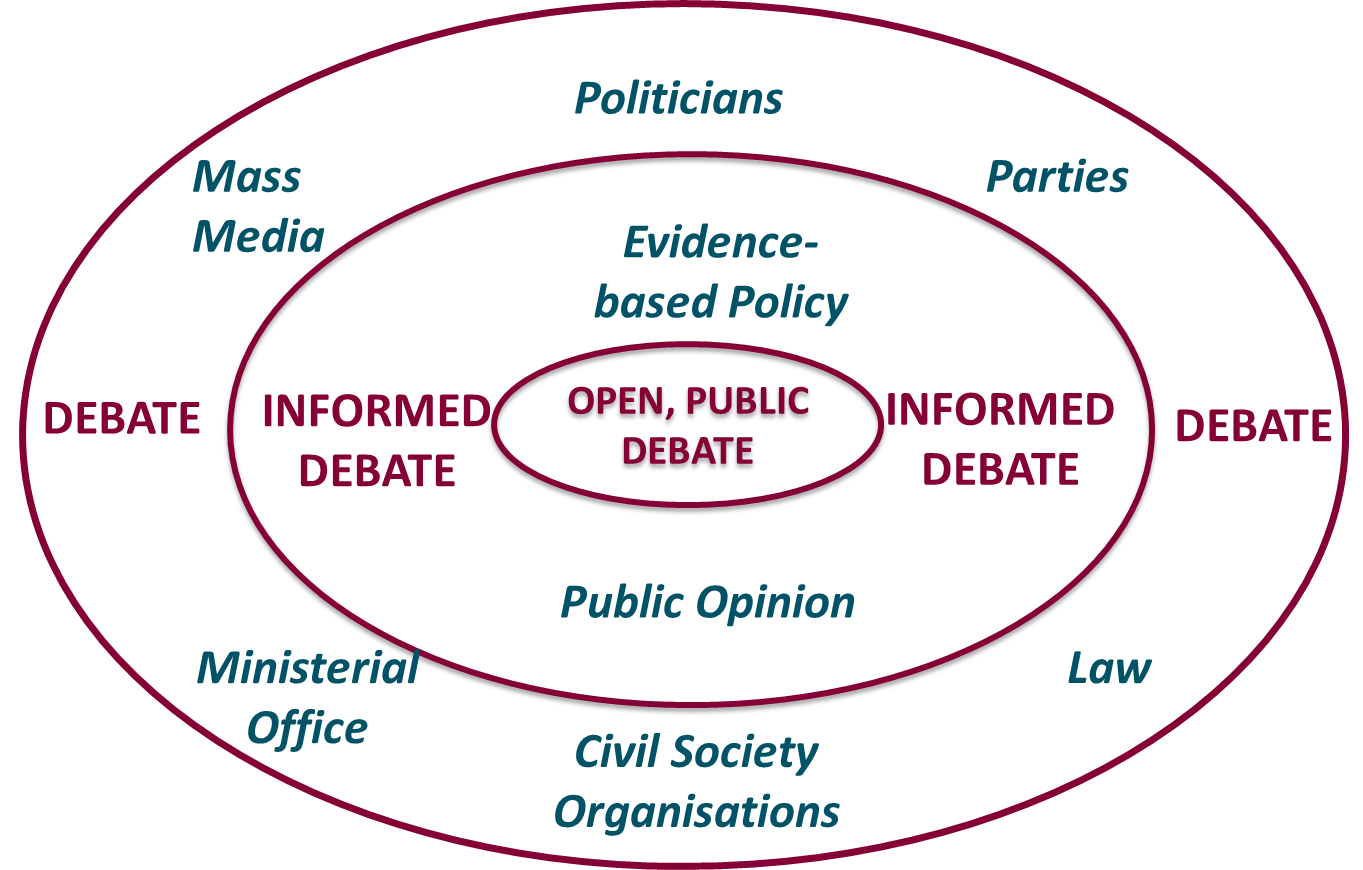Pike, Brigid
(2013)
Breaking the taboo – debating the alternatives to criminalised addiction.
Drugnet Ireland,
Issue 47, Autumn 2013,
pp. 7-8.
The first presenter at the CityWide conference, Brigid Pike (HRB), described how calls have been coming thick and fast from around the world since 2009 to ‘break the taboo’ on debating alternatives to the international drug prohibition regime.1
In December 2012 the UN General Assembly adopted a resolution to hold a Special Session (UNGASS) on the world drug problem in 2016. The sponsors of the resolution noted that
…despite continuing increased efforts by States, relevant organisations, civil society and non-governmental organisations, the world drug problem continues to constitute a serious threat to public health and safety and the well-being of humanity, in particular children and young people and their families, and to the national security and sovereignty of States, and that it undermines socioeconomic and political stability and sustainable development.
Posing the questions, what is Ireland’s policy position going to be at this Special Session, how will it arrive at this position and how open will the process be, Pike proposed a model for thinking about democratic processes in relation to drug policy development (see graphic below). Drawing on the work of cultural sociologist Jeffery Alexander,2 she suggested that a range of different actors need to participate fully to ensure open and public debate:

Politicians, civil society organisations, government ministers, political parties, policy advisers and officials, and the media all need to contribute to the debate. While there is evidence that individual politicians have become more open in recent years to exploring alternative responses to the illicit drug problem,4 there is room for a more systematic and concerted effort by all parties.
The debate needs to be informed by theory, research-based evidence and analysis of the consequences, risks and benefits of the various policy options. While Ireland has made enormous strides with regard to the collection of data on the extent and nature of drug misuse in Ireland, and on interventions, Pike noted that there has never been an evaluation of Ireland’s national drugs strategy. An understanding of prevailing social, cultural and moral beliefs and attitudes is also important for ensuring that the chosen policies reflect the views of, and are acceptable to, the majority of citizens. Pike noted the last nationwide general population survey of knowledge, attitudes and beliefs regarding illicit drugs and drug use in Ireland was conducted over a decade ago.4
2. Alexander J (2008) The civil sphere. Oxford: Oxford University Press.
4. Bryan A, Moran R, Farrell E and O’Brien M (2000) Drug-related knowledge, attitudes and beliefs in Ireland: report of a nation-wide survey. Dublin: Health Research Board. www.drugsandalcohol.ie/5202/ Publication Type
Irish-related, Open Access, Article
Intervention Type
Harm reduction, Crime prevention
Issue Title
Issue 47, Autumn 2013
Publisher
Health Research Board
Volume
Issue 47, Autumn 2013
Accession Number
HRB (Electronic Only)
Repository Staff Only: item control page
